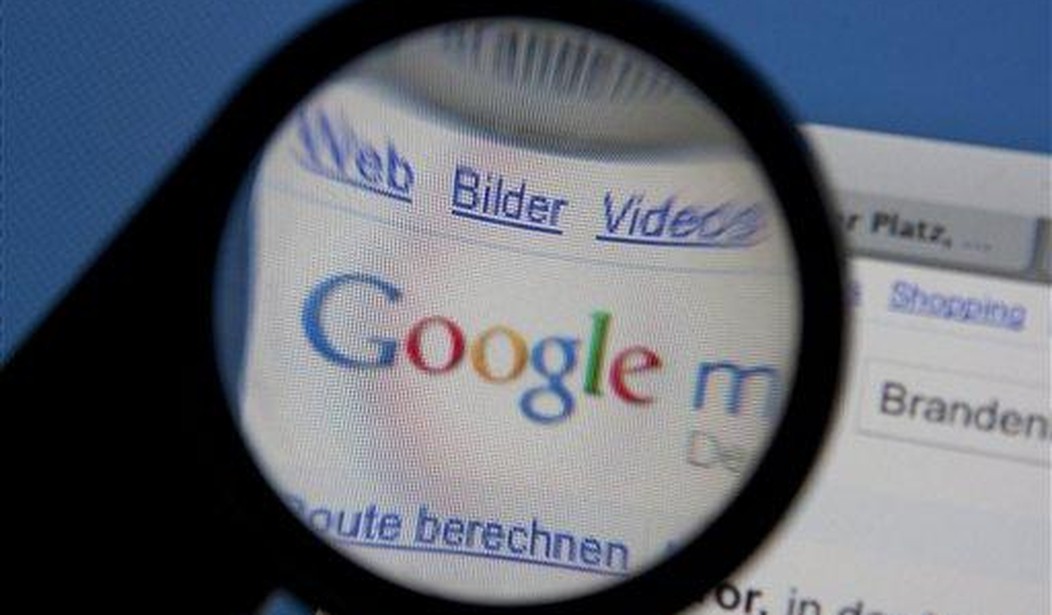Over the past decade, Big Tech companies have built monopolies in their fields that have become too big to be held accountable or to protect the privacy of their users. Some of these companies have exploited their market positions to accumulate and leverage data to the detriment of consumers. These monopolies have led to less privacy, stifled innovation, and reduced choice.
This has rightly led to outrage from countless Americans, who have looked for leadership and accountability from their elected officials. Many have talked about the need to protect the interests and privacy of their constituents, but few have taken meaningful steps in the Big Tech arena. While the government does not have the authority to micromanage businesses, maintaining a fair market that respects consumer privacy is well within its constitutional parameters
My office was one of the first in the nation to take action against Google in 2020, filing a lawsuit against the company for deceptive and unfair practices used to obtain users’ location data, which Google exploited for its lucrative advertising business. We could not stand by as the tech giant continued to invade Arizonans’ privacy. And just recently, after more than three years pursuing this case, we announced a historic $85 million settlement with Google LLC, which represented the largest per capita the internet giant has paid in a privacy and consumer-fraud lawsuit of this time (and it happened to be one of the biggest consumer fraud lawsuits in Arizona history). After our settlement, 40 additional states settled with Google for a total of $392 million.
We launched this investigation and lawsuit because we believed Google collected as much useful information as possible and made it exceedingly difficult for users to opt-out, much less understand what was being done with their data. Google went to great lengths to collect users’ locations through a misleading maze of settings, some of which seemingly had nothing to do with the collection of such data.
Recommended
It was nearly impossible to stop this company from tracking your movements without your knowledge or consent. Google was doing everything it can to spy on the entire population, without providing any notice or compensation for the data.
In late spring, our office released a less-redacted version of our lawsuit against Google, revealing that the company tracked users’ locations across third-party apps – and continued to gather that information when devices were connected to wi-fi, regardless of location services being disabled. Even when phones were completely off, Google could still harvest some of the information.
Google essentially knew more about where you’ve been than your spouse does, and more about where you’re going than a travel agency.
Everyone knows that’s not right, and even some of their employees were very uncomfortable with this arrangement according to documents we uncovered as part of our lawsuit. One employee said, “This doesn’t sound like something we would want on the front page of the New York Times.”
If only Google – and possibly other Big Tech companies – were more concerned about protecting the privacy of their consumers, rather than how they would look if this information made its way to the media or investigators.
Not surprisingly, Google responded with a relentless legal and press relations campaign throughout our investigation and legal proceedings, employing an army of lawyers and lobbyists to undermine, block, and conceal our findings from becoming public knowledge. Much of the complaint that our office filed in court was redacted to stop Arizonans from reading what our investigation had uncovered. Google did everything it could to procedurally stop us from getting to the merits of our lawsuit and to hide what they have done to exploit consumer privacy. Thankfully for Arizona taxpayers, though, they failed.
Google may not have been concerned with protecting consumers, but I was – and continue to be through the end of my tenure as the state’s chief law enforcement officer. All officials, regardless of where they stand on the political spectrum, should make every effort to uphold the privacy of every American. I hope that this lawsuit and settlement effectively support that mission and prove that no entity – not even big tech companies – is above the law.

























Join the conversation as a VIP Member